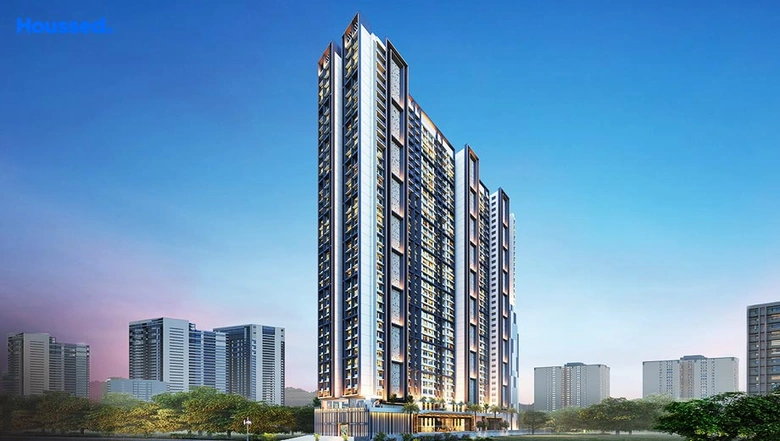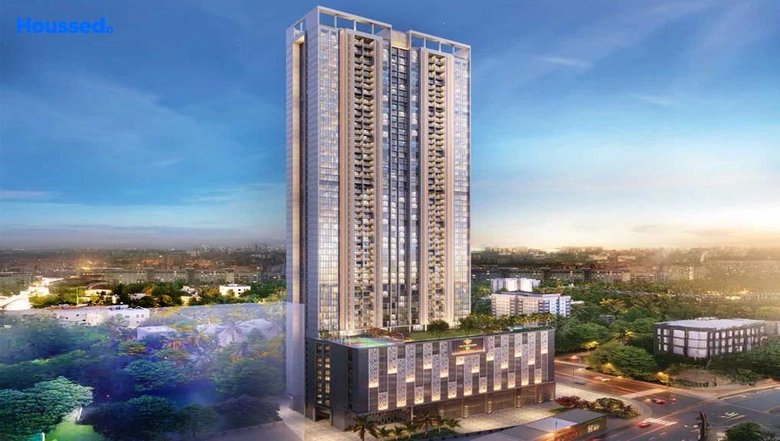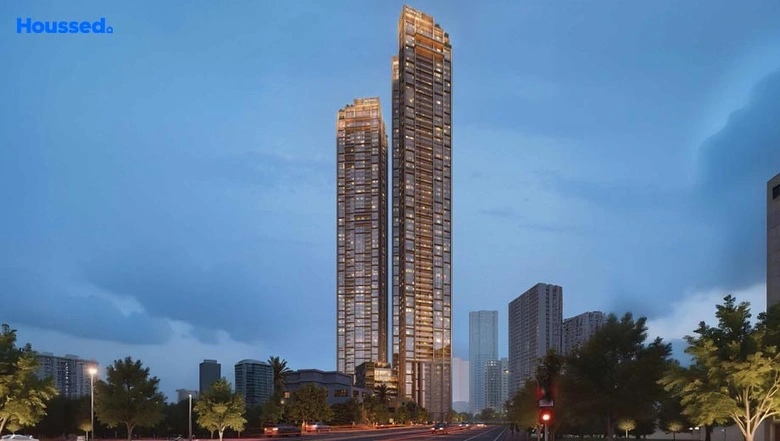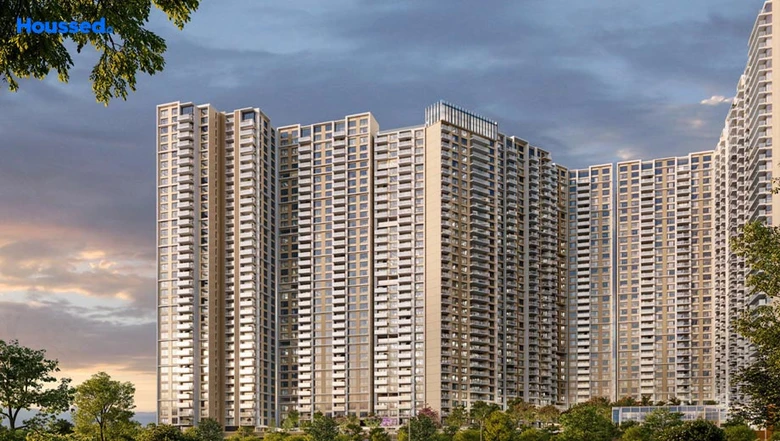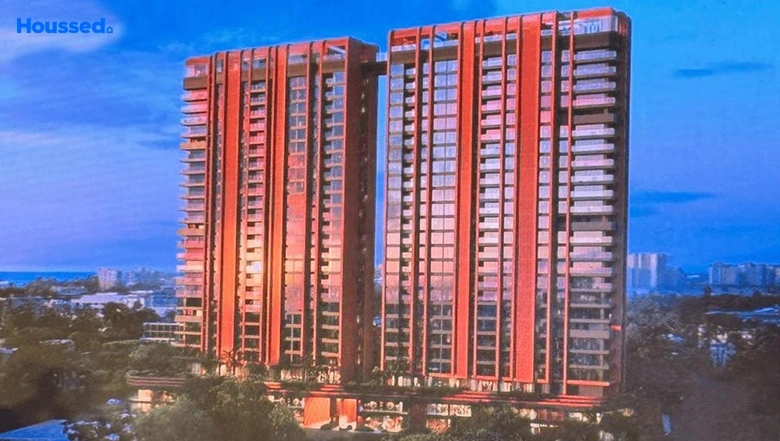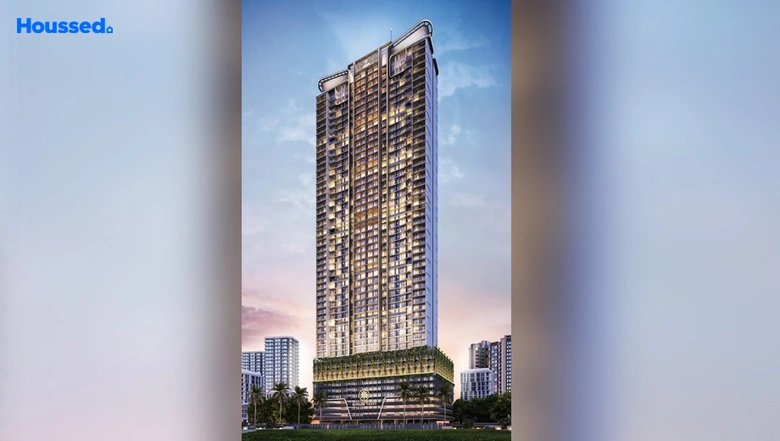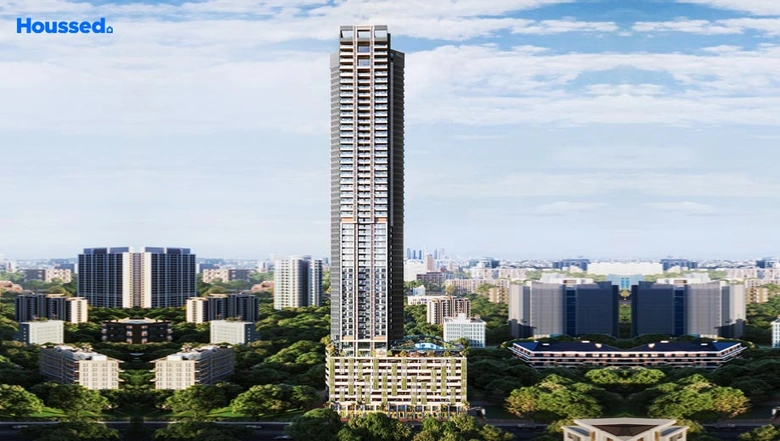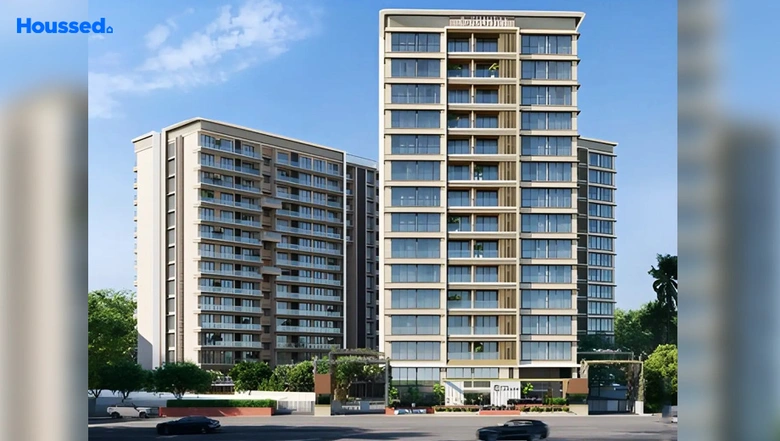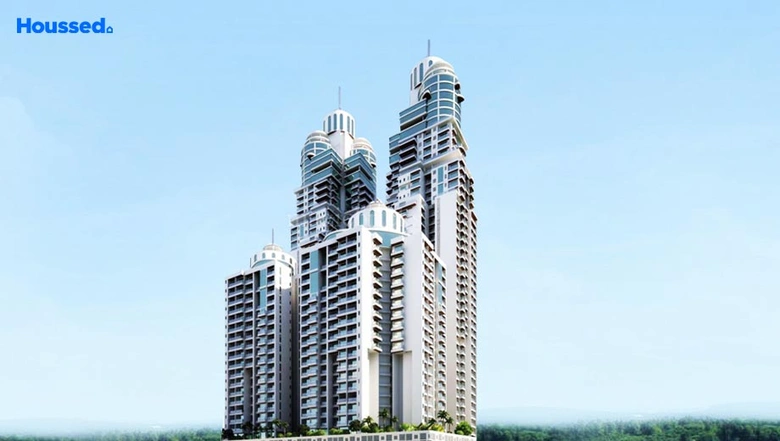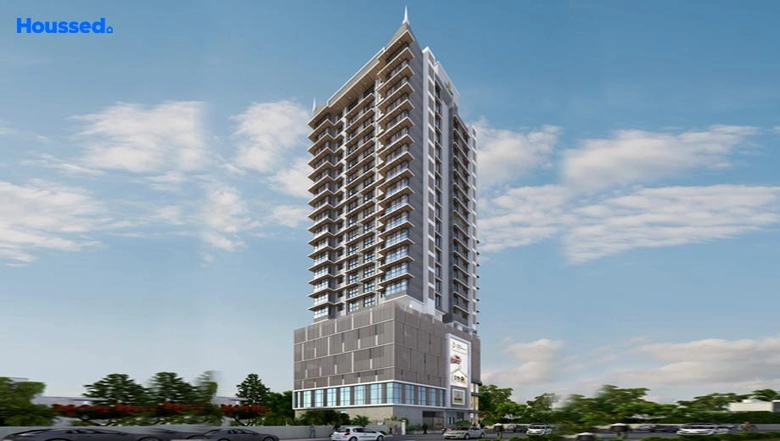What Are the Hidden Charges When Buying a Flat in India?

Buying a flat is an exciting milestone, but it's also a major financial commitment that extends beyond just the quoted price.
So, what are the hidden charges when buying a flat in India? From stamp duty and registration fees to maintenance deposits, parking charges, GST, and legal costs, there are many additional expenses to consider beyond the base price of the property.
In this guide, we break down all the hidden costs associated with buying a flat in India, allowing homebuyers to make smart and stress-free home purchases.
10 Hidden Charges When Buying a Flat in India
1: Stamp Duty and Registration Fees
Stamp duty is a state government tax on property transfers, including apartments, calculated as a percentage of the property's market value or agreement value. Registration charges are additional fees for registering the property in the buyer's name.
The charges of stamp duty and registration fees in India vary across states, with rates ranging from 5% to 8% for stamp duty and about 1% for registration. It's crucial to check the specific rates in the state where you're buying the property.
2: GST (Goods and Services Tax)
In India, the Goods and Services Tax (GST) applies differently to under-construction and ready-to-move-in flats. Under-construction properties are taxed on the builder's sale, covering the builder's supply of services and goods during the construction phase.
Ready-to-move-in flats with a completion certificate before purchase do not attract GST. The current GST rate for under-construction properties is 5% without input tax credit (ITC) for non-affordable housing and 1% without ITC for affordable housing.
This rate simplifies the real estate tax structure and reduces the burden on homebuyers. However, as part of the hidden costs of buying a flat in India, buyers should always confirm the applicable GST rate and understand its impact on the total property cost.
Also Read - GST on Rent of Residential Property
3: Maintenance Charges and Corpus Fund
When buying a flat in India, buyers typically encounter two maintenance-related costs: a maintenance deposit and advance maintenance charges.
The maintenance deposit is a one-time security fund paid to the building management for future repairs and maintenance of common areas, such as gyms and gardens.
On the other hand, advance maintenance charges are monthly or annual payments for daily operational costs of a gated community, including cleaning and routine maintenance. These charges vary depending on the flat size and the number of amenities provided.
4: Parking Charges
Parking space costs may be excluded from the property's base price, which can be a significant addition to the overall cost of a property purchase.
The cost of parking spaces varies depending on whether the spot is covered or uncovered, with covered spaces typically costing more due to the added weather protection.
The location of the parking space also influences the price, with spots closer to the venue being more expensive due to their convenience. Homebuyers should consider these details in their budgets to avoid hidden charges.
Also Read - Most Expensive City in India
5: Brokerage Fees
Among the hidden charges when buying a flat in India, brokerage fees are added when you hire a broker to facilitate the transaction.
The commission rates for brokers typically range from 1% to 2% of a property's purchase price, depending on the location, type of services, and the property's value.
Negotiations are possible, especially for high-value properties or multiple transactions. Effective negotiation can save money, so discussing rates and services upfront is advisable.
6: Legal and Documentation Fees
Homebuyers often hire a property lawyer for services such as drafting sale agreements, verifying the legal title documents, and coordinating the registration process.
These legal charges can vary between Rs. 10,000 and Rs. 50,000, depending on the complexity of the transaction, property type, and the lawyer’s seniority.
Also Read - Real Estate Market in India in 2025
7: Preferential Location Charges (PLC)
Preferential Location Charges (PLC) are additional costs for apartments based on their location within a building or housing complex. These charges are typically applied to units with desirable attributes, such as better views, privacy, or easier access to facilities.
For example, apartments facing parks, water bodies, amenities, higher floors, or corners may incur a higher PLC due to their enhanced living experience.
8: Interior and Customisation Costs
When buying an apartment in India, it's crucial to understand the base price with interior design or renovation costs.
New homeowners often want to personalise their space, which can involve additional costs for interior design services, furnishings, and renovations.
These expenses can range from painting and installing custom cabinetry to complete layout changes. The cost for interior design can even be up to 20% of the total apartment cost.
Homebuyers should budget for these individually, as the cost may be high depending on the scope and quality of the intended changes.
Also Read - Online Platforms To Buy House in India
9: Peripheral Expenses
Peripheral expenses are often overlooked as hidden charges when buying an flat in India. These may include costs for clubhouse membership, facility access, power backup, elevators, fire safety systems, and security infrastructure.
While some developers bundle them into the overall price, others list them as separate additions.
Additionally, buyers should account for moving costs, temporary accommodation, and stamp paper charges during documentation and possession.
10: Other Potential Costs
Other potential costs include:
- Utility connection charges (electricity, water, internet, gas)
- Home loan processing fees (0.25 –1% of loan amount)
- Technical or inspection charges if you opt for third-party quality checks
- Goods movement insurance if shifting with movers
- Society transfer fees in resale properties (common in cooperative housing societies)
FAQ's
Hidden charges when buying a flat in India include
- Stamp duty and registration fees
- GST (Goods and Services Tax)
- Maintenance charges and corpus fund
- Parking charges
- Brokerage fees
- Legal and documentation fees
- Preferential location charges (PLC)
- Interior and customisation costs
- Peripheral expenses
- Other potential costs like electricity, water, internet, and gas
Yes, but only for properties that are currently under construction. Ready-to-move-in flats with a completion certificate are exempt from GST.
Stamp duty is a state-imposed tax on property transfers, typically ranging from 5% to 8% of the property value, depending on the state.
Yes, registration charges are typically 1% of the property value and are paid to register the property in your name.
Yes, legal services such as agreement drafting, title checks, and registration oversight typically cost between Rs. 10,000 and Rs. 50,000.
To avoid hidden charges when buying a flat, follow these essential steps:
- Review the builder’s cost sheet
- Check with your lawyer
- Account for peripheral expenses
- Confirm charges for parking, GST, PLC, and utilities upfront
Yes, brokers charge 1 – 2% of the deal value. It’s negotiable, but you should plan for it unless you are buying directly from a builder.
Yes, banks charge loan processing fees, legal evaluation charges, and sometimes prepayment penalties or document handling fees.
PLC is an additional fee charged for units in preferred locations, such as corner flats, park-facing units, high floors, or those near common amenities.
Yes, in high-rise apartments, developers often impose floor rise charges, especially in metropolitan areas and tier-1 cities.
